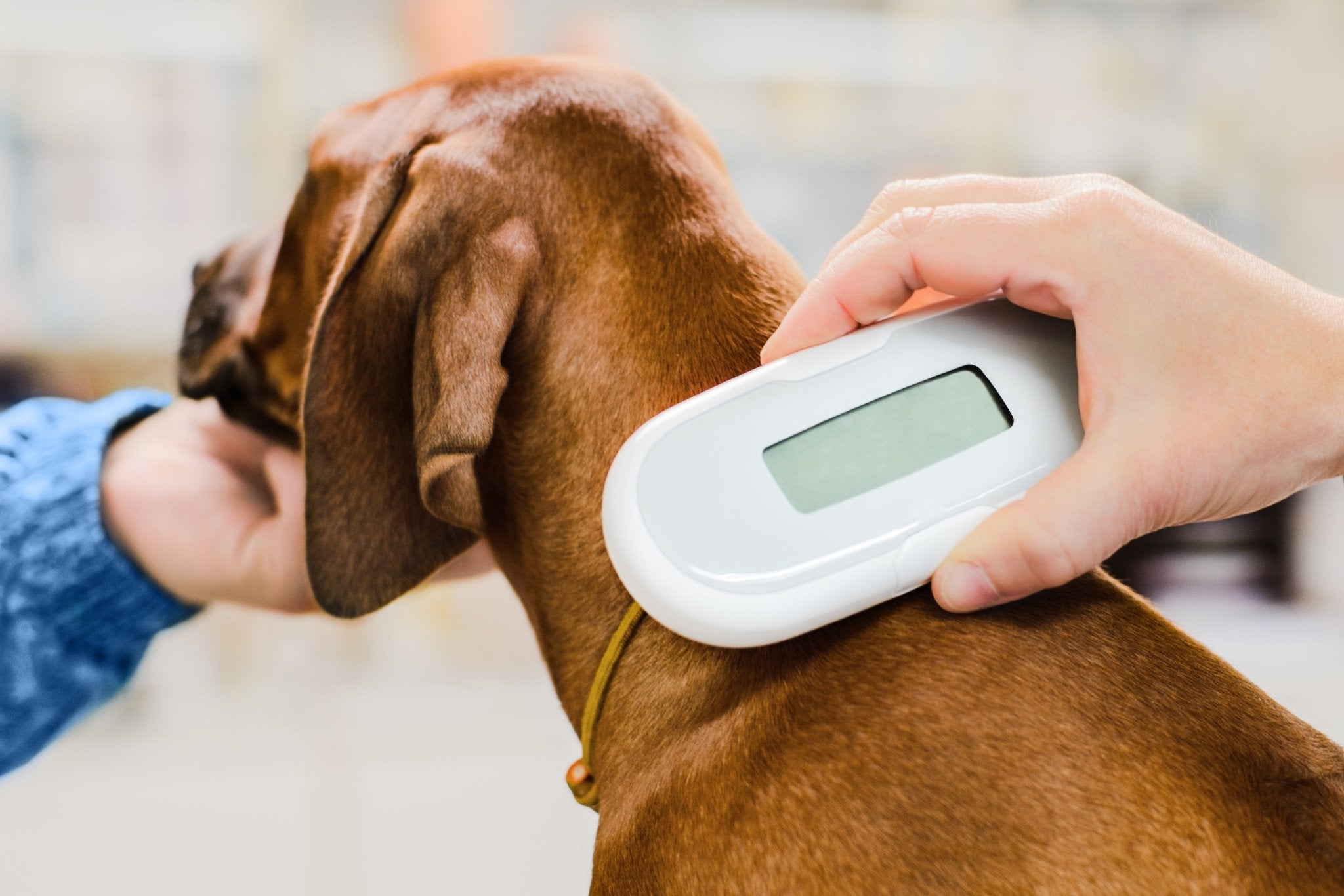
To Chip or Not to Chip Your Pet Dogs to Keep Them Safe
Some dogs must have worked as escape artists in a previous life. These pups almost appear to have a magical ability to find the tiniest gaps in fences to wiggle through. For their next trick, sometimes these Houdini's of the canine world have figured out how to slip their collars so their tags won't give them away.
Mostly, curious canines want to escape the confines of the yard and experience the wider world. Of course, these loving pets only want temporary freedom and intend to return home. Sadly, not all dogs remember precisely which house they belong to. Concern over lost dogs can make almost any pet parent frantic. Microchips can reduce pet owner anxiety and ensure happy reunions.
How does microchipping a pet work?
These tiny, painless implants give your beloved pooch a way to carry an "ID" with them. The microchip has a radio-frequency ID transponder that's no larger than a grain of rice. Vets and shelters have scanners that can read the unique ID number on the transponder and use that number to match it with registered owners.
Typically, vets inject microchips between a dog's shoulder blades, so it rests under loose skin. The veterinary professional can perform this procedure in seconds, and it looks similar to giving the dog vaccinations. The devices don't require power and have no moving parts.
Most importantly, the microchip won't help you find your lost dog if you don't register it. A vet or shelter will give you instructions, and it's essential to follow them right away to protect your pet. If you move or change phone numbers, remember to update this information with the registry. Typically, registry services allow pet owners to enroll and update information online or by phone.
The benefits of microchipping dogs
According to the American Kennel Club, one out of three pets will get lost at least once during their lives. Inserting a microchip may cost between $30 to $50, and the registration may charge a modest annual fee to offer the service of maintaining information and helping to find lost pets.
Most pet owners think of this expense as a modest way to protect their furry family members and their own peace of mind. The transponder will probably last your pet's lifetime since these devices generally last for 25 years.
Often, taking lost pets to a nearby vet for scanning will be the first action that kind people will do when they find a lost pet. If the dog turns up at a shelter, the volunteers or employees will also do the same thing. You can do your part by getting your dog chipped and registering the pet with a registry service.
How to protect dogs on the inside and the outside
Microchipping offers a simple and affordable way to relieve concerns over the substantial risk of getting separated from your pet. How can you ensure that your beloved dog enjoys the best nutrition for a glossy coat, limber joints, smooth skin, better digestion, and a healthy body?
Multi-Plus Chews from Moe's Healthy Pets supply dogs with essential minerals and vitamins that they may not get from their regular dog chow. Plus, dogs think they taste fantastic.



